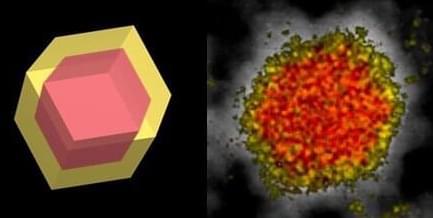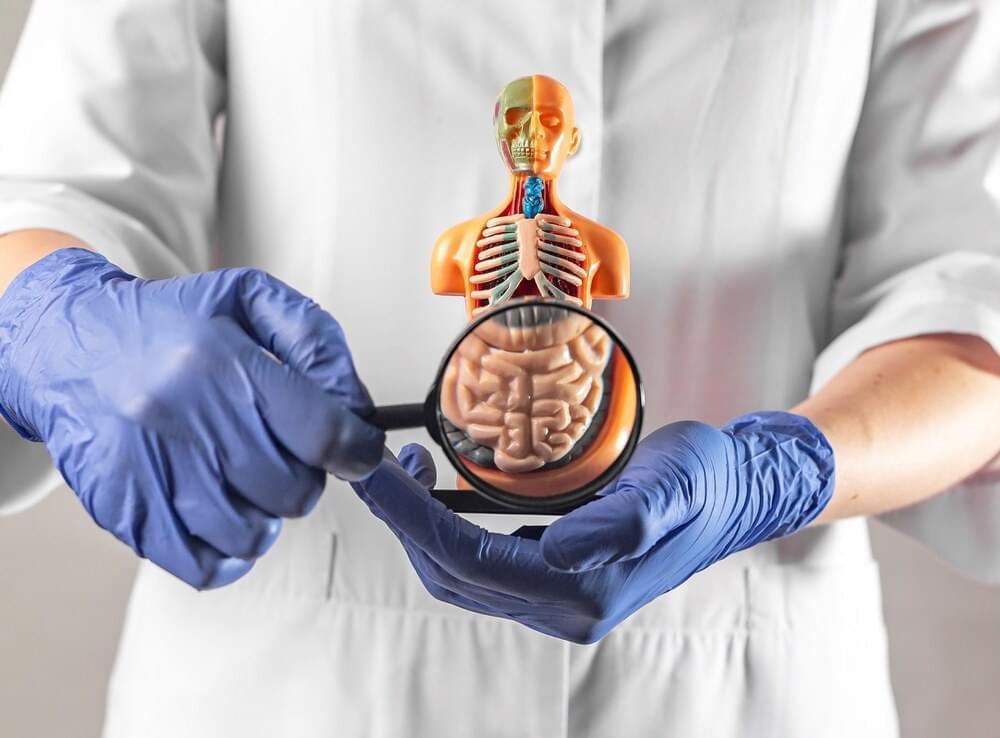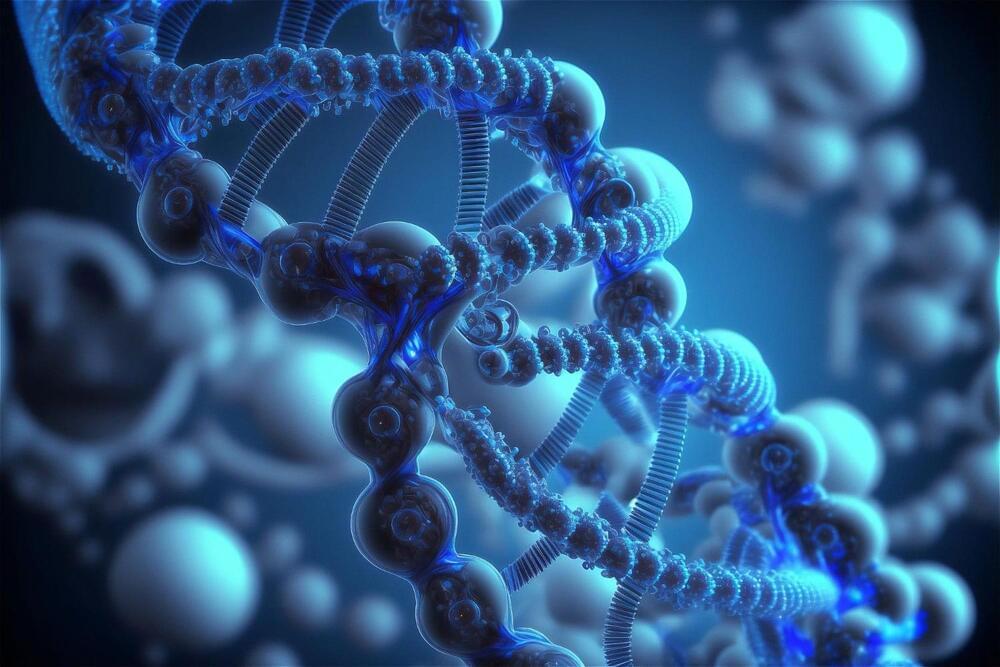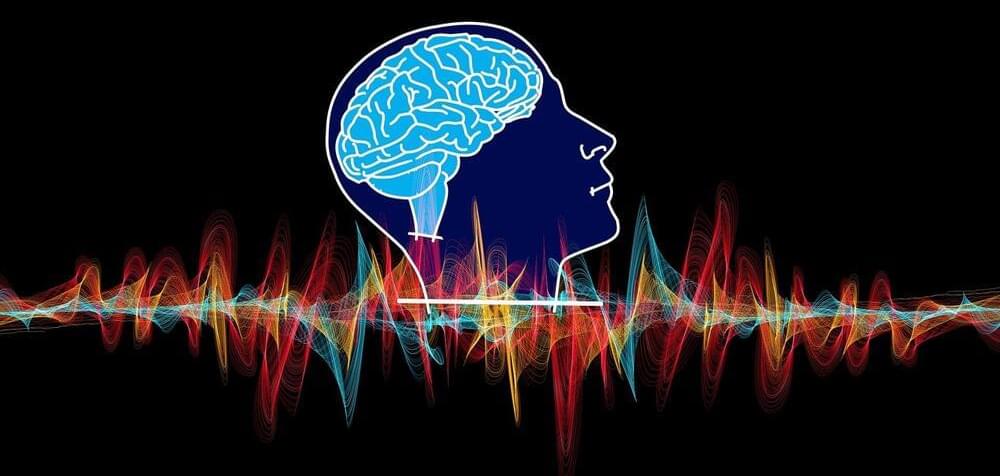Technology As A Force For Good In People’s Lives — Dr. Emre Ozcan, PhD, VP, Global Head of Digital Health & Walid Mehanna, Group Data Officer And Senior Vice President, Merck KGaA, Darmstadt, Germany.
EPISODE DISCLAIMER — At any time during this episode when anyone says Merck, in any context, it shall always be referring to Merck KGaA, Darmstadt, Germany.
Dr. Emre Ozcan, Ph.D. is VP, Global Head of Digital Health, at Merck KGaA, Darmstadt, Germany (https://www.emdgroup.com/en), where he brings 15+ years experience in biopharma, med-tech and healthcare consulting with experience across strategy, research, marketing, and operations in several therapeutic areas. In his current role, he holds the accountability for the design and end-to-end delivery of digital health solutions to support Merck KGaA, Darmstadt, Germany franchise strategies and shape the architecture of the offering “around the drug” including devices and diagnostics.
Prior to joining Merck KGaA, Darmstadt, Germany, Dr. Ozcan was a Junior Partner at Boston Consulting Group. He holds a BA degree from Yale University; and MPhil and PhD from Oxford University.
Walid Mehanna is Group Data Officer And Senior Vice President, Merck KGaA, Darmstadt, Germany, where he has responsibility for driving Data & Analytics strategy, implementation, architecture, governance, and culture across all its businesses.






